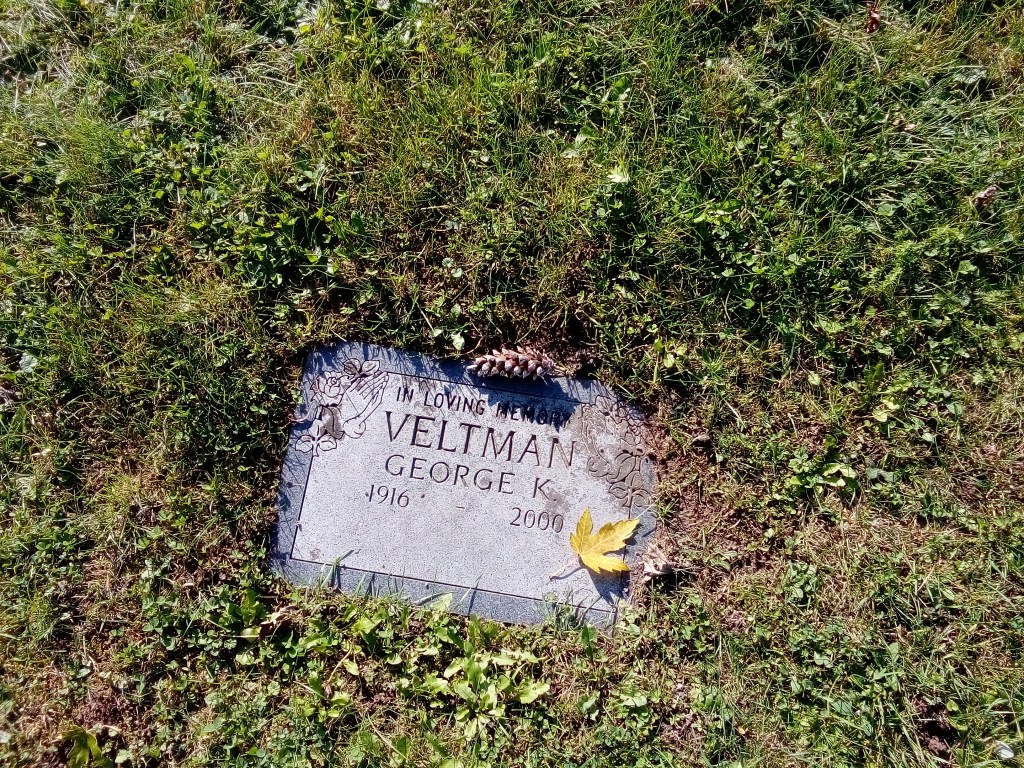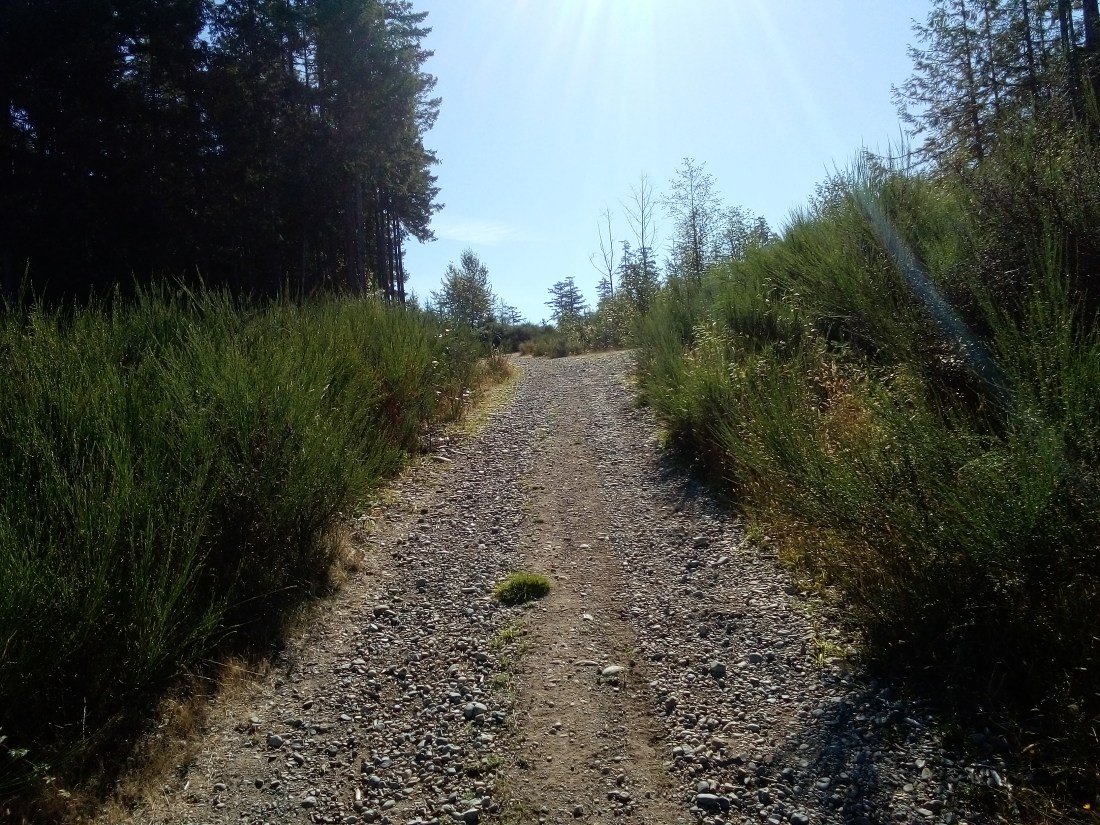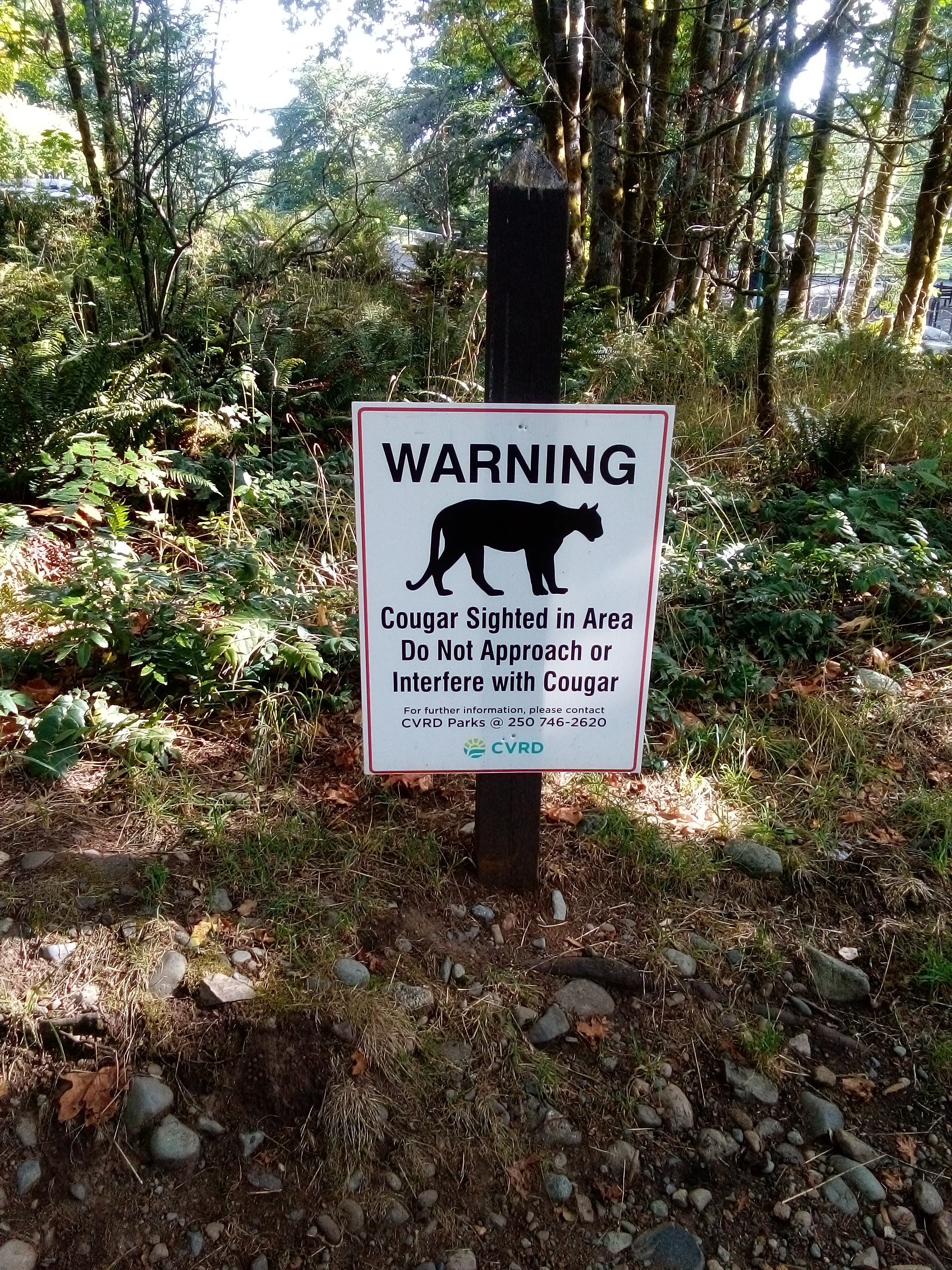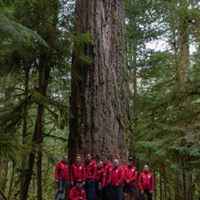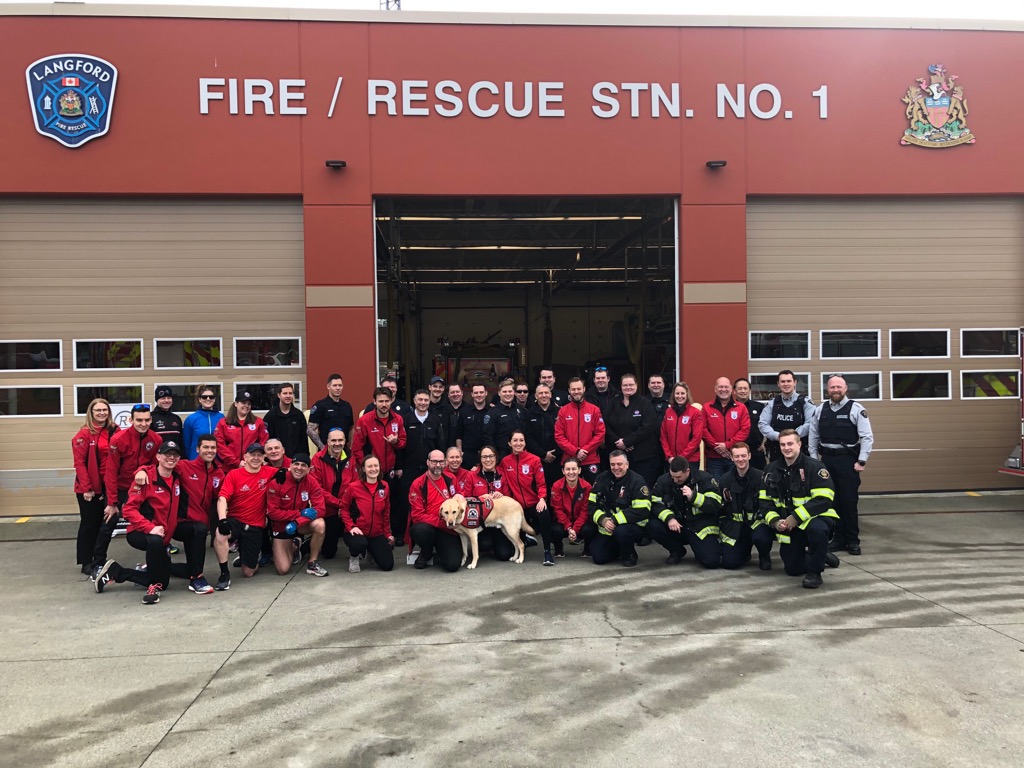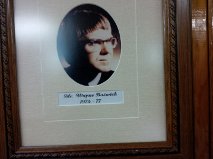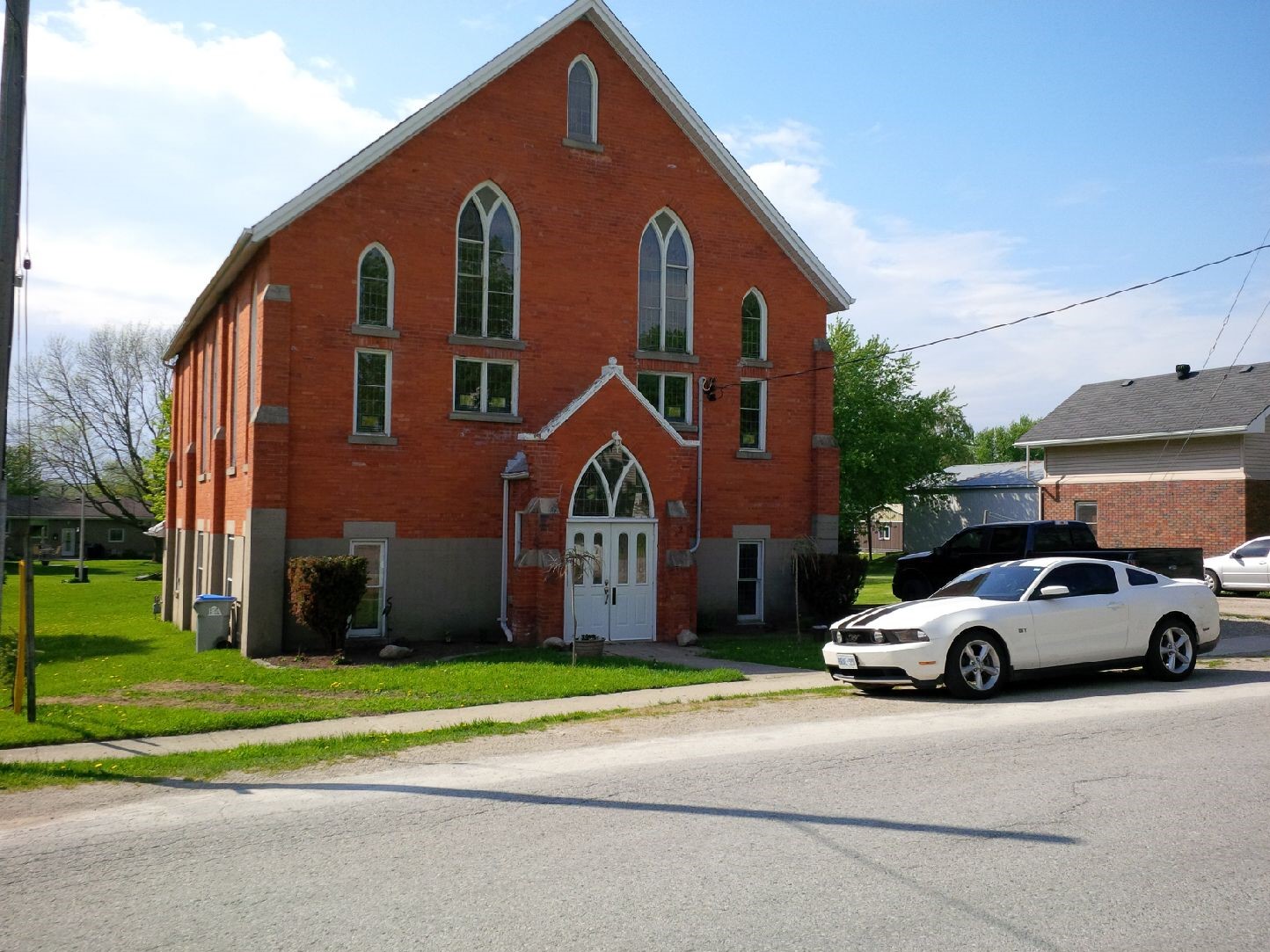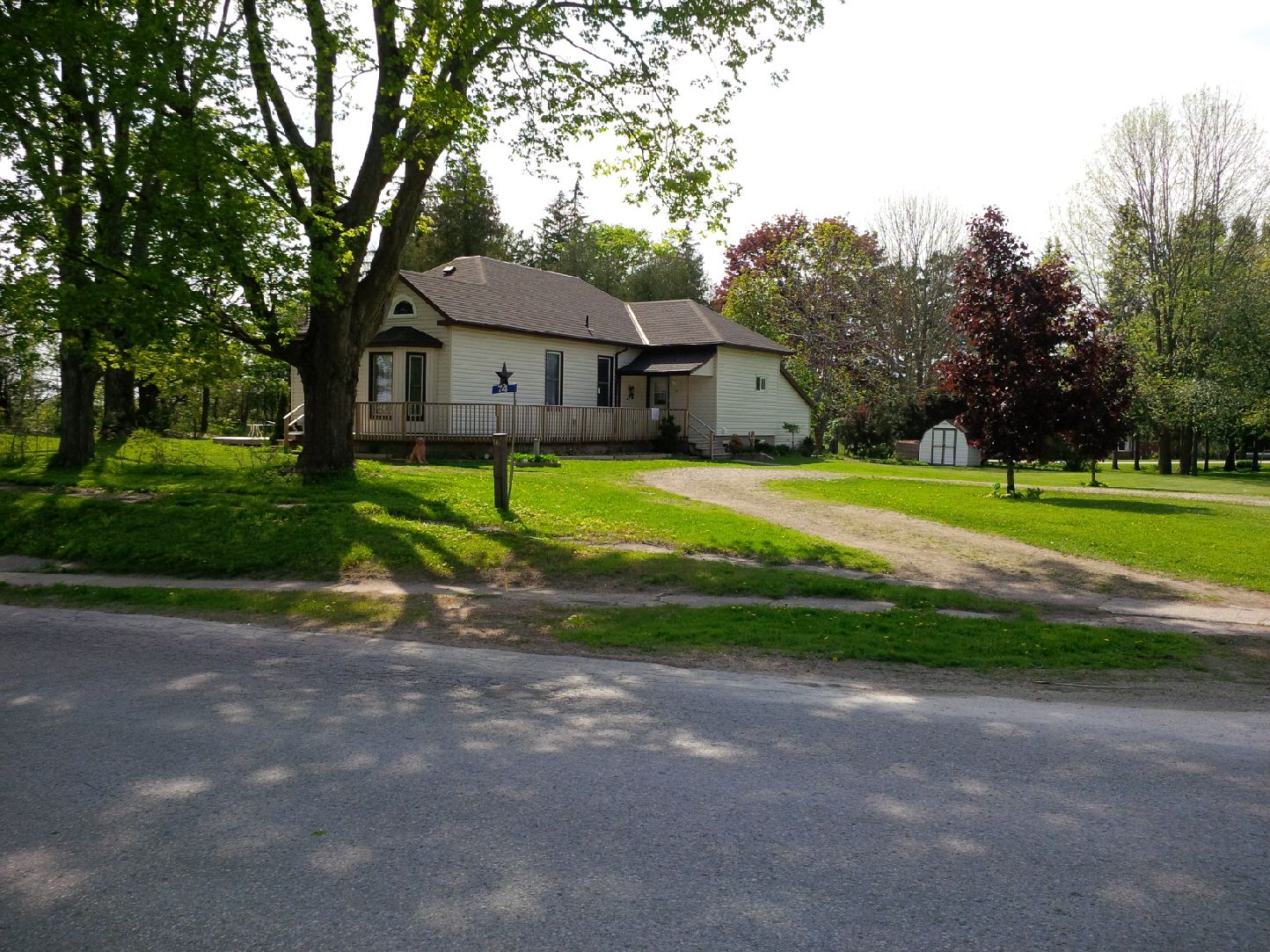My daughter is seven.
I turned seven in 1977. Toronto Blue Jays’ bleacher seats were two dollars. Jimmy Carter was President. A soldier who’d fought in World War I and World War II visited our home.
My dad turned 7 in 1950. Harry Truman was President. The Korean War began weeks after my father’s birthday.
My Dutch grandfather turned 7 in the 1920s. Born during the Great War, that 7-year-old boy did not know that he would live under Nazi occupation and that his daughter, my mom, would be born as fighting raged around them.
I have no idea when my great-grandparents turned seven. It must have been in the late 1800s. I know nothing about them. They are as mysterious to me as medieval peasants. Their lives mattered. And they are invisible to history.
Last year, a friend at work gave me a copy of Marcus Aurelius’ Meditations. A pillar of Stoicism, Aurelius and the Stoics encourage us to recognize and embrace our impermanence.
I think about impermanence daily. I always have. But becoming a dad heightened that tendency. Being a dad is like impermanence on steroids. Every day my little girl grows up a little more and becomes less of a little girl.
She talks a lot. Like when I’m sitting on the couch, trying to write this. Part of me, inside, screams in frustration, yearning for silence so I can concentrate. And yet, every word is precious. Every silly, nonsensical thing she says, like, “what squishy butt isn’t marshy.” (The answer is marshmallow).
Impermanence is everywhere. Yesterday I found a photo of myself from almost ten years ago. I looked at it and thought, ‘I look pretty much the same’. I showed it to my wife and she said, “You look so young!”
A few months ago one of my favourite trails was closed when an old-growth fir tree toppled in a windstorm. For years, that tree had clung to the side of a hill. It was massive and precarious, leaning at an angle that suggested it would fall any moment. It did not surprise me that heavy rain and high winds sent it crashing to the ground. It may have been hundreds of years old.
Last fall I planted a sapling in our backyard. It didn’t survive the winter.
Marcus Aurelius wrote, “Our lifetime is so brief … Consider the abyss of time past, the infinite future. Three days of life or three generations; what’s the difference.”
I’ve gravitated to the trails over the last few years. In part, it’s because the dirt paths are much gentler on my aging joints than unforgiving pavement. But there is more to it. Our forests are a never-ending reminder of impermanence.
Stoicism invites us to put impermanence front and center in our lives. To live neither in the past, nor in the future, but in the moment. It is not a cliché to say that this moment, is all we truly have.
And yet these moments span generations. I look at a picture of myself beside the fallen tree and I see an expression I recognize as my father’s in my own face.
This morning my daughter commandeered a bathroom. She put a “Keep Out” sign on the door and told us she was turning felt into silk. She called out for purple and yellow markers, scissors, and tape. After thirty minutes she emerged and handed me a paper tie to wear when I dress up to go out for dinner tonight. On the tie she’d written “you are the best dad ever.”
My daughter is seven. This morning, for a moment at least, I was the best dad ever. I know that too is impermanent. A few years from now, a teenage girl may feel dramatically different about her father.
Stoic philosophy reminds me to accept and embrace the reality that trees grow and trees fall. Daughters are young and silly and daughters grow up. Dads age, and dads hobble and dads look more like their own fathers. Each of those moments is all that we have. And yet, those moments bind us to the past and anticipate our impermanent futures.




